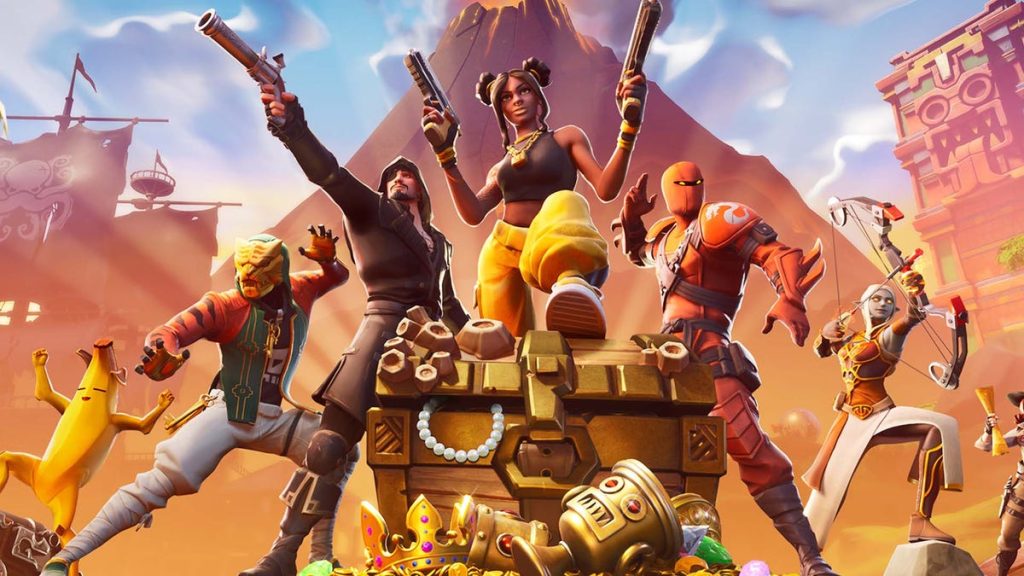In an evolving landscape of digital transactions, the partnership between payment provider Affirm and gaming commerce company Xsolla is set to change how players engage with in-game purchases. With the integration of a “Buy Now, Pay Later” (BNPL) option for purchases amounting to $50 and above, users can now finance their virtual experiences much like they would with physical products. This shift promises to reshape the gaming economy, but it raises questions about its impact on consumer welfare and the financial implications for players.
Understanding the Partnership
The collaboration between Affirm and Xsolla has recently come into the limelight, allowing gamers to make in-game purchases using flexible payment plans. Rather than paying the full amount upfront, players can opt for bi-weekly or monthly installments, which can help manage the financial burden of purchasing costly game-related content. However, this service is currently only available in the United States, with expansions to the United Kingdom and Canada anticipated soon. As noted by GameSpot, the first implementation will focus on various unspecified games, leaving much speculation about which popular titles may adopt these BNPL options.
Game Titles and Options
While details about specific games supporting this payment method are scant, Xsolla’s established relationship with major titles like Fortnite places it in a position to introduce these options to a broad audience. This popular battle royale could very well be among the first to offer Affirm’s payment services, enhancing accessibility for players who may be financially constrained. It is crucial, however, to note that as of now, no game has officially implemented this functionality.
According to a press release from Xsolla, the process mirrors existing BNPL transactions in other retail sectors, emphasizing the flexibility of payments. Customers can avoid interest fees by selecting the bi-weekly payment option, making it attractive for those wary of accumulating debt. However, it also poses potential pitfalls, particularly for consumers who may fall into traps associated with accumulating service fees or interest charges on missed payments.
Consumer Implications
The introduction of BNPL in the gaming sector brings forth significant concerns. Critics argue that allowing players to finance their digital content purchases could lead to impulsive spending and increased financial strain. Payments made with these services are now being reported to credit bureaus, as pointed out by CNBC, where it may affect users’ credit scores. This shift emphasizes the need for users to be cautious about how they manage their finances while engaging with these services.
Some gamers express discomfort with the idea of financing digital cosmetics or in-game currencies, suggesting that it might exploit those who are financially vulnerable. This sentiment is echoed in public discourse; many feel that the gaming community should prioritize responsible spending, suggesting that users refrain from financing items that could lead them to greater debt.
Market Reaction and Future Outlook
Market response to the announcement has been mixed. While some players view it as a progressive move that makes gaming more accessible, others are skeptical. The long-term impact on player habits and developer engagement remains to be seen. As the industry grapples with these changes, the demand for transparency in financing options will likely grow. Developers may need to consider implementing measures that ensure players are fully informed about the potential risks associated with BNPL options.
As highlighted by the remarks from Xsolla executives, this partnership is not solely about providing payment solutions. Their aim is to create a more connected gaming ecosystem that boosts engagement and sustains financial growth for developers. It’s an ambitious goal, and whether the potential economic benefits will outweigh the risks for gamers is a question that remains open for debate.
In conclusion, while the Affirm and Xsolla collaboration introduces a new layer of financial flexibility for gamers, it also necessitates a broader discussion about responsible spending and the long-term ramifications of BNPL services in gaming. As players navigate this new territory, understanding both the advantages and the potential downsides becomes crucial.
For those interested in keeping abreast of developments in gaming commerce and payment options, the conversation around BNPL services will undoubtedly continue to evolve, making it imperative to stay informed and make conscientious purchasing choices.

